Canberra, Apr 11 (V7N) – Australia has firmly rejected China's proposal to form a united front against the global tariff war initiated by US President Donald Trump, stating it will act only in alignment with its national interest and global trade expansion goals.
In an interview with Sky News, Australian Deputy Prime Minister Richard Marles made it clear that Australia will not ally with China in any "global competition," including trade conflicts. “We are not going to join forces with China in any global competition. We will do so where Australia's national interests are upheld and our trade expands globally,” said Marles.
This development comes amid growing instability in global capital markets following Trump’s sweeping tariff policies. While countries like Europe and Canada seek ways to respond diplomatically, Australia has chosen a different path—distancing itself from China, its largest trading partner, and strengthening ties with other regions such as the European Union, India, Indonesia, the UK, and the Middle East.
In a recent opinion piece published in The Age, Chinese Ambassador Xiao Qian urged Australia to unite with Beijing to protect the multilateral trading system, expressing China's willingness to cooperate with the international community for a “global reset.”
However, Australian Prime Minister Anthony Albanese responded firmly, saying, “Australians will only speak for themselves.” Defense Minister Richard Marles echoed this sentiment, asserting that Australia will never ‘hold China’s hand’ and that the country’s focus lies squarely on preserving sovereignty and economic independence.
Australia’s response comes at a sensitive moment in international geopolitics. While the United States has imposed a 10% reciprocal tariff on Australian goods, the government in Canberra appears unshaken, even though China still accounts for one-third of Australia's exports, whereas the US represents only five percent.
Still, officials believe a hostile relationship with China, though economically risky, is manageable through diversification. The Australian government is actively seeking new trade routes and partnerships to reduce dependence on Beijing.
Meanwhile, President Donald Trump’s recent decision to suspend the global tariff policy for 90 days (excluding China) highlights escalating tensions between Washington and Beijing. The US has retaliated against China’s 84% tariff on US goods by imposing a 125% tariff on Chinese imports, effective immediately.
Analysts suggest this moment marks a strategic shift in Australia’s foreign trade policy, indicating Canberra is willing to take economic risks in order to align with broader security and diplomatic priorities—chief among them, its long-standing alliance with the United States.
As the global trade landscape continues to fracture, Australia’s decision to stand alone, yet globally engaged, could shape its role as a middle power navigating between economic pragmatism and geopolitical loyalty.
END/MSS/AJ



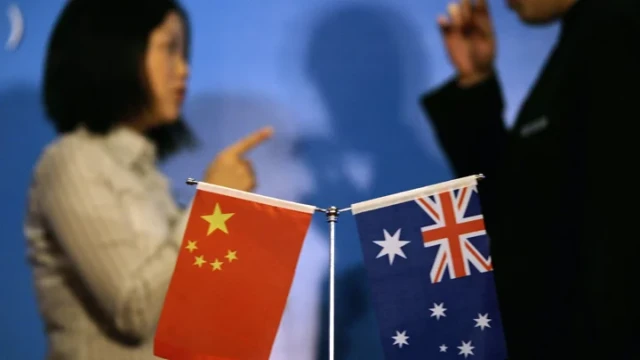




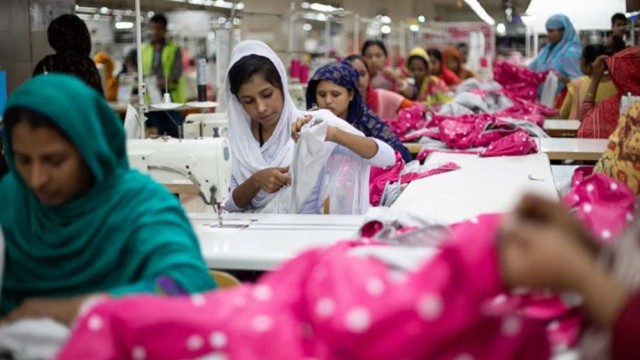
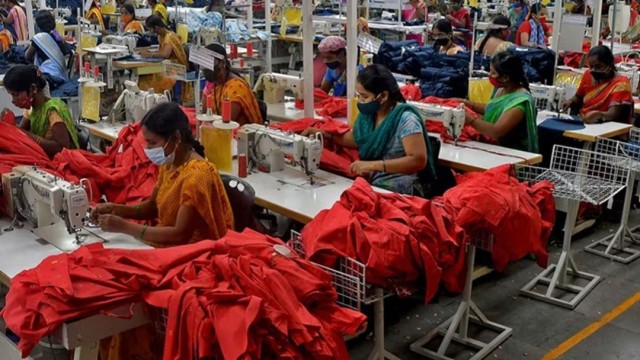
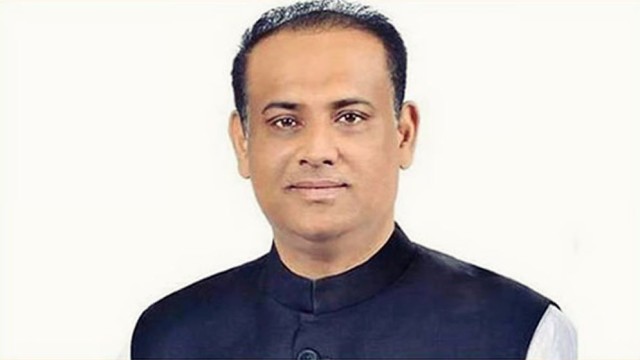


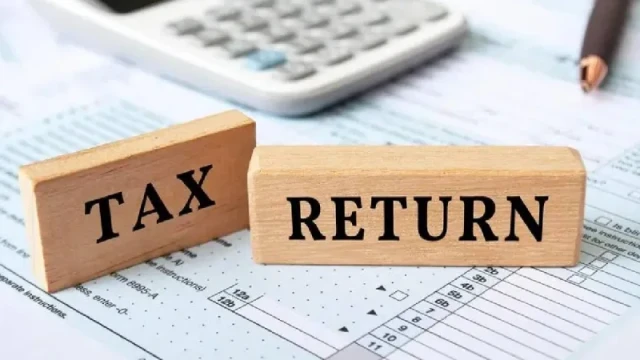
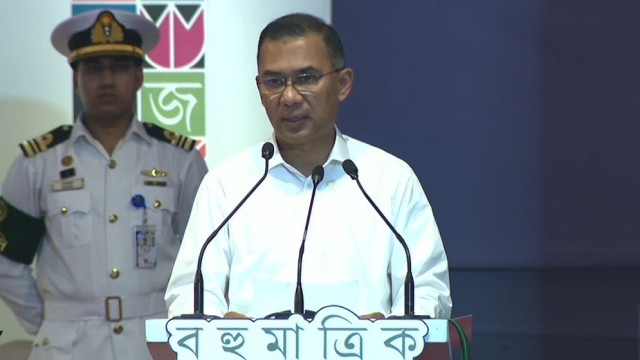

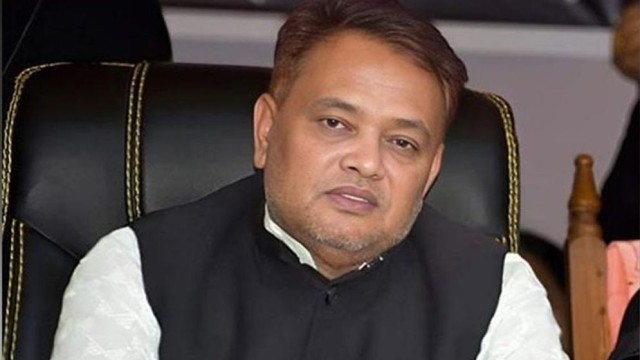
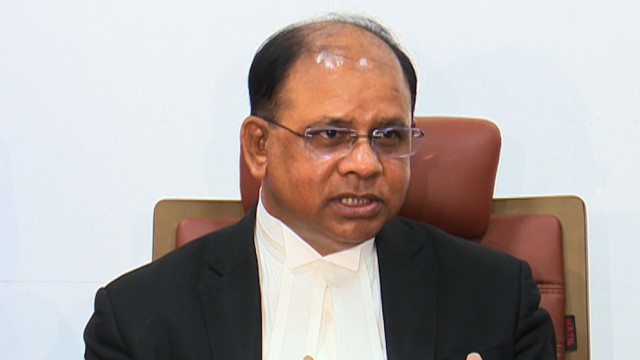
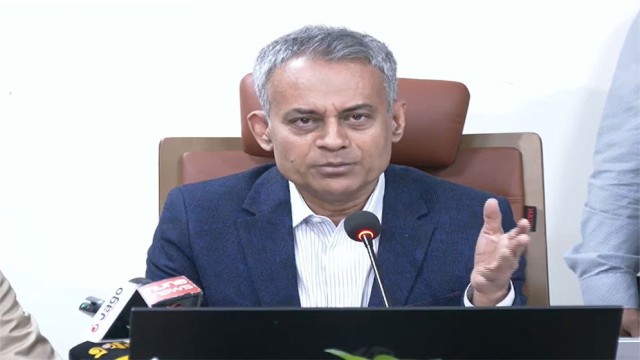












Comment: